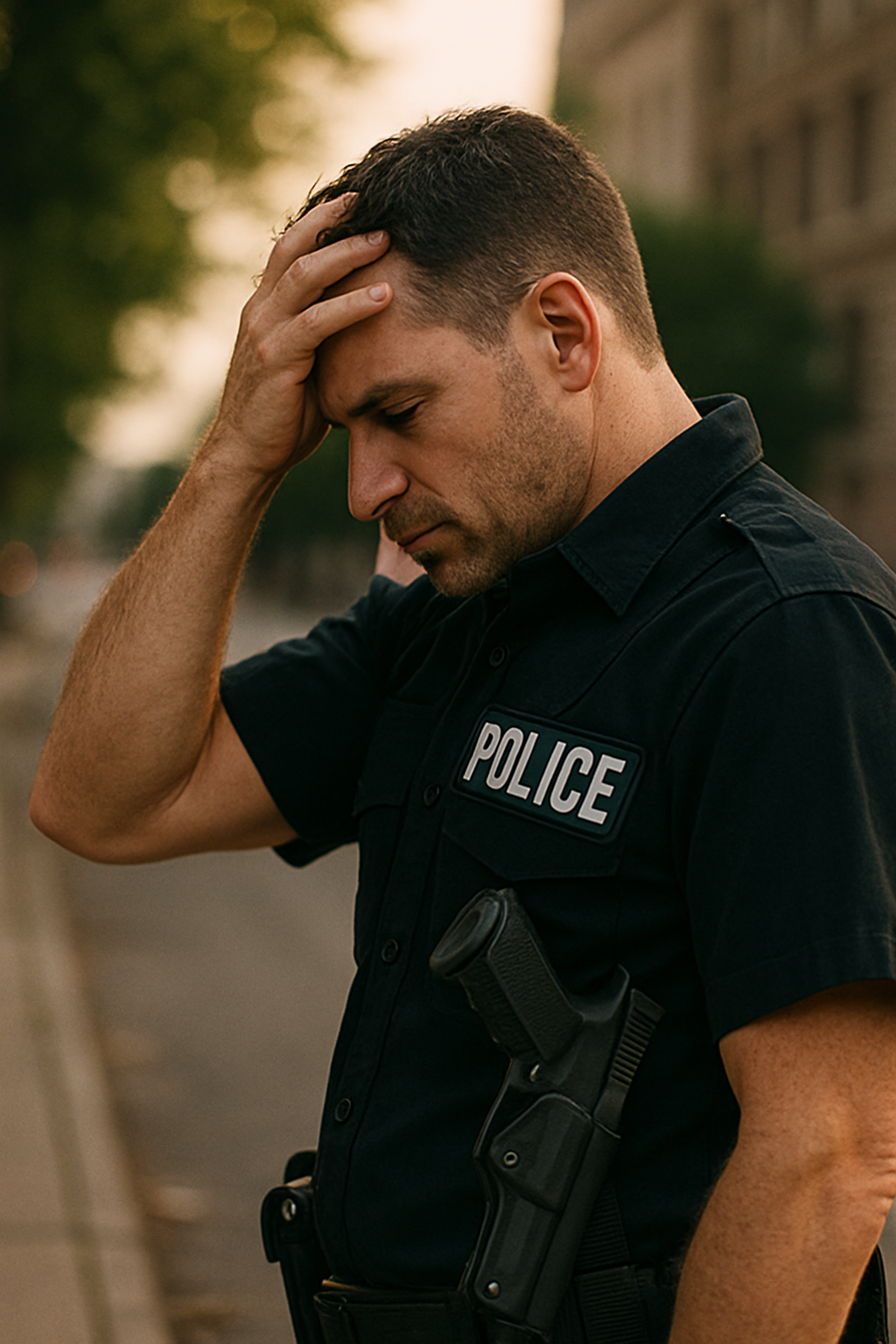Policing and law enforcement aren’t just jobs—they’re missions. Every shift comes with pressure, unpredictability, and responsibility that few outside the badge can truly understand. While courage and resilience are part of the uniform, so too are the invisible burdens of stress. Recognizing these challenges and learning how to both prevent and respond to them isn’t just about personal well-being—it’s about protecting the strength of the whole team
Stress Prevention: Building Mental Armor
Prevention is always stronger than cure. Just as officers train physically to stay operational, mental fitness requires deliberate preparation and maintenance.
-
Prioritize Sleep and Recovery
Law enforcement schedules can be brutal, but consistent rest is the foundation of resilience. Without it, decision-making, patience, and awareness all take a hit. -
Train the Mind, Not Just the Body
Techniques like mindfulness, tactical breathing, or even quick reset exercises between calls can reduce the physiological effects of stress. -
Stay Physically Active Beyond the Job
Fitness is often part of the role, but movement outside of duty—running, hiking, or lifting—helps burn off accumulated tension. -
Build a Support System
Whether it’s family, fellow officers, or professional resources, strong connections help prevent stress from turning into isolation. -
Limit the Spillover
Officers carry stories that are heavy. Having clear rituals for “switching off” after a shift (like removing gear, showering, or walking) helps separate work stress from personal life.
Spotting the Signs: Supporting a Colleague Under Pressure
No officer fights alone—but sometimes the real battle is unseen. Learning to recognize stress in colleagues can prevent bigger issues down the road.
Common Red Flags
- Withdrawal from team camaraderie or social activities
- Irritability, short temper, or unusual mood swings
- Increased reliance on alcohol or unhealthy coping mechanisms
- Difficulty concentrating or making decisions on the job
- Physical symptoms like headaches, fatigue, or changes in appetite
How to Step In Without Stepping On Toes
- Start Small: A casual “You good?” can open the door without pressure.
- Listen More Than You Speak: Sometimes colleagues don’t need solutions, just space to unload.
- Normalize Support: Remind them that stress isn’t weakness—it’s a normal response to a high-stakes profession.
- Know the Resources: Be familiar with peer-support programs, department psychologists, or confidential hotlines so you can guide them to professional help if needed.
Closing Thoughts
In law enforcement, physical threats are obvious and often trained for—but the hidden pressures can be just as dangerous. Prevention through strong mental habits, paired with a culture of awareness and support, ensures officers can not only survive but thrive in the line of duty.
At Tactical Source, we stand with those who serve. Protecting the protectors means more than gear—it means knowledge, awareness, and a culture of care.



Share:
Tactical Breathing for High-Stress Operations: What It Is, Why It Works, and How to Train It
TIER Academy by Tactical Source